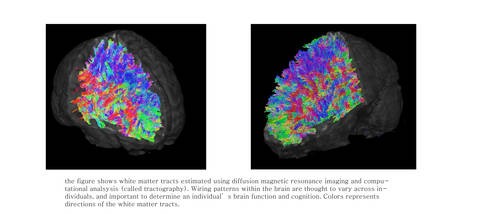Author Interviews, Diabetes, Heart Disease / 20.04.2018
Which Diabetes Meds Reduce Heart Failure and Death?
MedicalResearch.com Interview with:
Sean Lee Zheng BM BCh MA MRCP
Cardiovascular Division
King's College Hospital London
British Heart Foundation Centre of Research Excellence
London, UK
MedicalResearch.com: What is the background for this study? What are the main findings?
Response: The growing prevalence of type 2 diabetes and its associated burden on cardiovascular disease is a global problem. A number of drug treatments effective in lowering blood glucose are now available, with the three latest drug classes developed being the DPP-4 inhibitors, GLP-1 agonists and SGLT-2 inhibitors. While the use of medications from these three classes are increasing, it remains unknown how they compare in lowering the risk of death or cardiovascular disease. This leads to clinical uncertainty when it comes to introducing new medicines for our patients. Our study aimed to use data from randomized clinical trials in a network meta-analysis, allowing these three drug classes to be compared with one another.
Our study, which included 236 studies enrolling 176310 participants, showed that the use of SGLT-2 inhibitors or GLP-1 agonists were associated with a lower risk of death than with DPP-4 inhibitors. SGLT-2 inhibitors had additional beneficial effects on heart failure events compared with the other two drug classes.
(more…)







